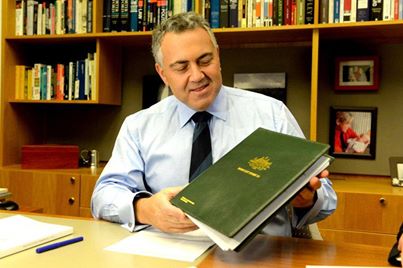Concerns that the Australian Renewable Energy Target (RET) was under threat under the Coalition government were intensified on Tuesday when the Abbott government released the 2014 federal budget.
The renewable energy industry is outraged by the uncertain future of the RET indicated by the federal budget, which has cut billions of dollars worth of funding for renewable energy schemes while maintaining subsidies for the non-renewable energy industry and mining sector.
The solar industry is especially concerned about the uncertain future of the Small-scale Renewable Energy Scheme or SRES, which is responsible for solar installation growth and subsequent reduction in power costs.
How does the Small-scale Renewable Energy Scheme work?
The scheme provides a subsidy for solar panel photovoltaic installations on homes and businesses. Under the scheme the full price of the system is discounted by Small-Scale Technology Certificates (STCs), the amount that are given to PV system owners are determined by system size and solar exposure based on the climate of the location. The value of an STC fluctuates based on market demand.
Effect on the solar industry should the RET and SRES be cut.
The Small Scale Renewable Energy scheme assisted in reducing the cost of solar panel systems and making them affordable for average Australian households. The subsidies in place under the scheme are largely responsible for the development of the industry and Australia’s status as one of the biggest solar countries in the world. The RET has allowed for the existence of schemes like this, and is the reason that the Australian solar industry continues to grow. Over the last two years we have seen a decreases in solar panel prices. Market predictions of the cost of solar systems without the STC incentive indicate that it could increase by approximately 70 cents per watt.
This is not definite however, as the government may choose to lower STC funding allocations, resulting in smaller spikes in solar system installation cost, and prices may fluctuate depending on location. Those opposed to the RET have expressed concerns that the SRES does not consider the reduction in electricity demand throughout Australia. However, the continued development of domestic solar installation relies on the low prices offered under the scheme, and its abolishment would mean a massive reduction in industry growth, and subsequently significant job cuts.

